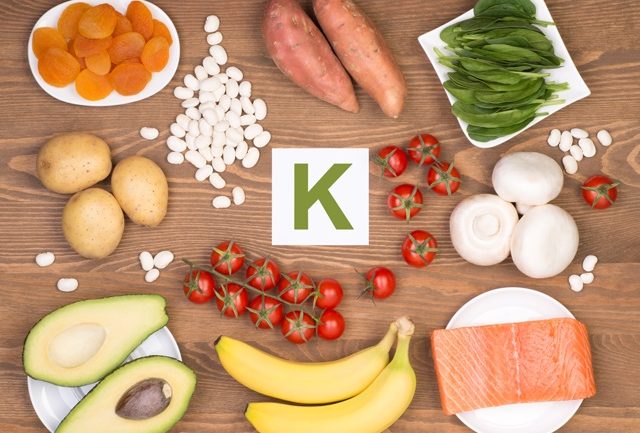We have heard about making sure we get enough potassium to help our bodies. We might hear someone tell us this if we are having muscle cramps or seem to be experience fatigue more than normal. There are a number of reasons our bodies need potassium and several sources we can obtain this mineral from. Keep in mind that our body doesn’t produce potassium, so we need make sure we pay attention to obtaining it for our bodily functions.
Potassium assists with several operations in the body. It is both a mineral and an electrolyte. It helps with muscle contractions, heart rhythm, digestion, water balance, pH balance, blood pressure, and nerve impulses. Because it is an electrolyte, is also conducts electrical impulses throughout the body. Keeping a normal range of potassium in the body is regulated by the kidneys, but having too little or too much can have health consequences. There are also natural supplements available if necessary.
The best food sources to get potassium include whole grains, beans and nuts, and lean meats. Other great foods include bananas, kiwi, organs, pineapples, and apricots. Vegetables with potassium include carrots, potatoes, and leafy greens. If absorption issues or digestive issues are an issue, supplementation would be the next best choice.
Signs of low potassium might be experiencing muscle cramps, spasm, or weakness. Feeling very fatigued might also happen. Having an irregular heartbeat could cause constipation, nausea, or even vomiting. Hypokalemia is the term for potassium deficiency. Temporary potassium deficiency usually regulates itself shortly after. For example, after a hard workout with lots of sweating, then after you eat or drink, your levels normalize. Some health conditions cause hypokalemia which include kidney disease, ongoing use of diuretics, taking some antibiotics, being deficient in magnesium, and sometimes after excessive sweating diarrhea, and vomiting.
Having too much potassium, called hyperkalemia, is rare but possible. This could be caused by chemotherapy, diabetes, cocaine use, and severe burns. There are medications to help excrete more potassium. A doctor might also recommend taking glucose or insulin because they transport potassium from the blood cells so it can be removed. There’s also a device called an albuterol inhaler that can lower high levels.
Eating a healthy, balanced diet typically takes care of the nutritional needs our body requires for optimal performance. However, our likes, dislikes, medical conditions, and lifestyle, all come into the equation. Having our regular physical examination with blood panels done is essential to know what’s taking place on our inside. Our body communicates to us as well when something is not balanced, so it is our responsibility to be proactive rather than reactive, even it comes to something like having enough potassium.








